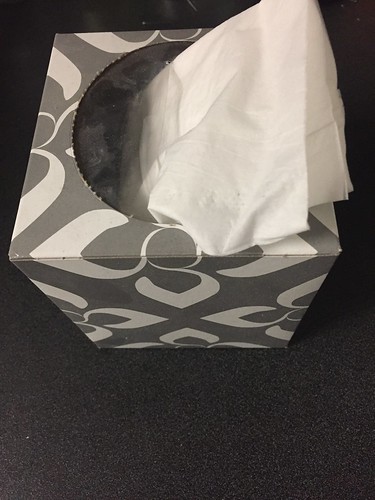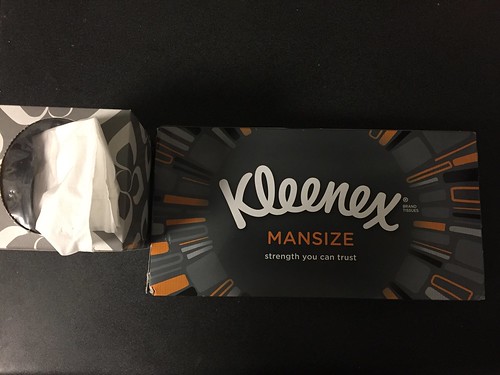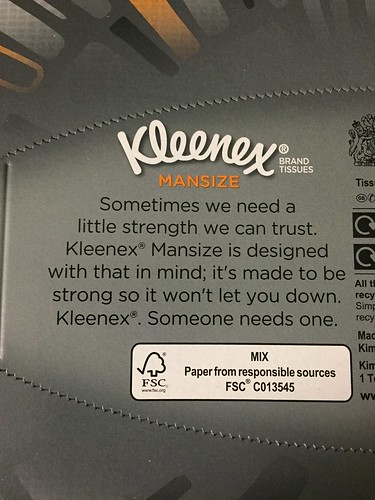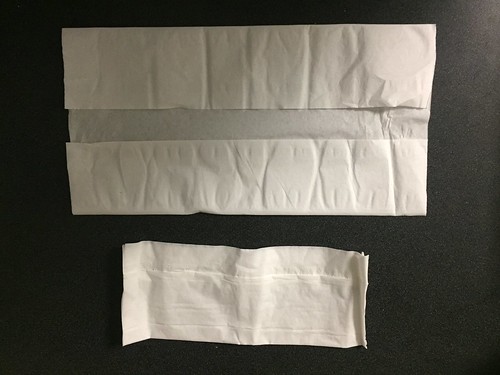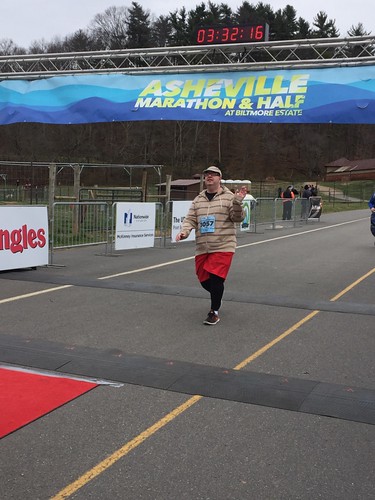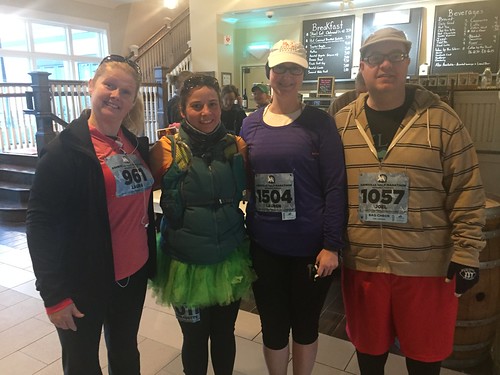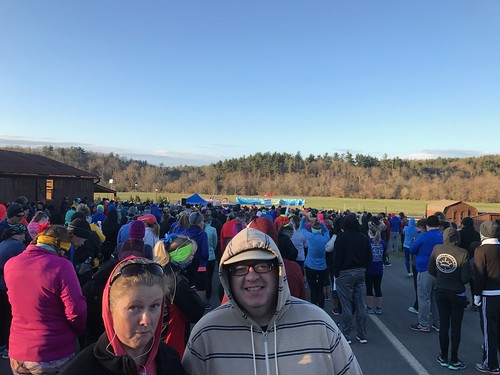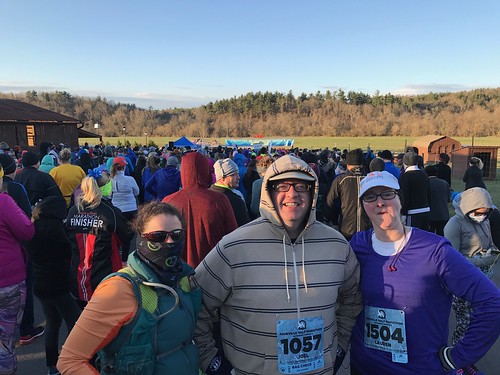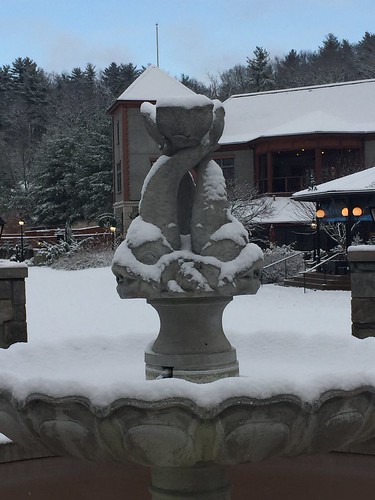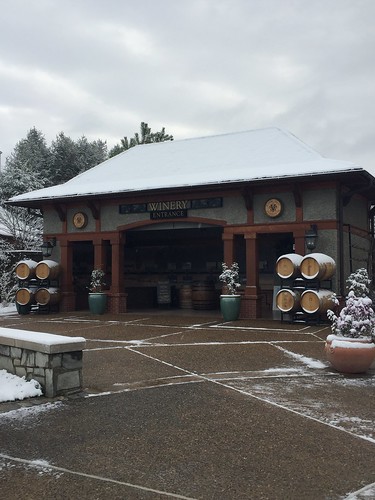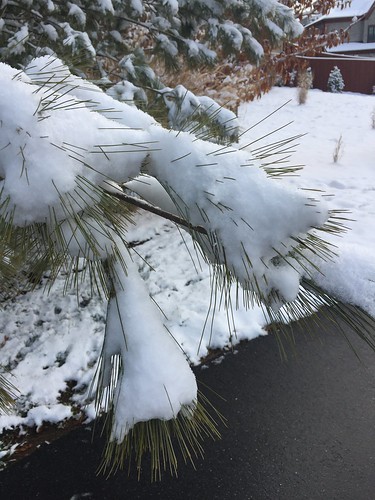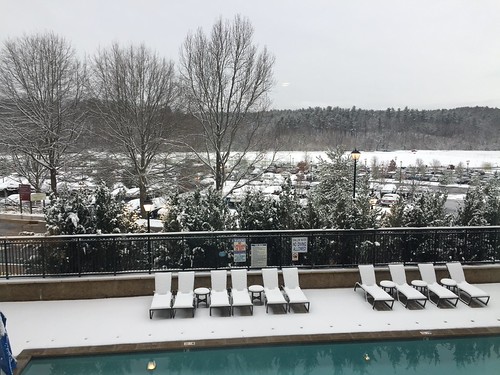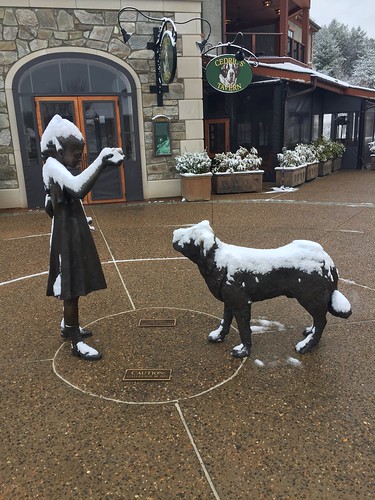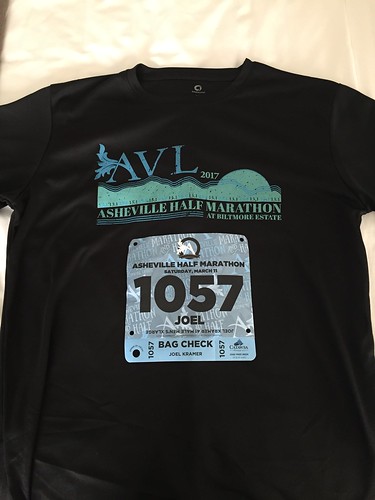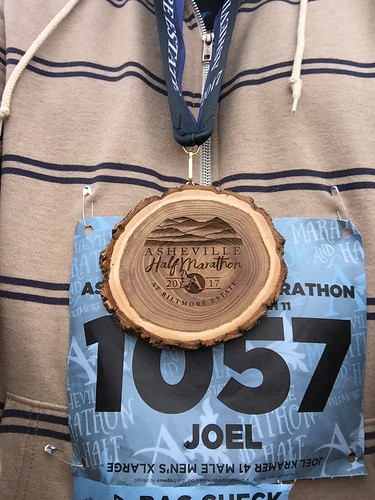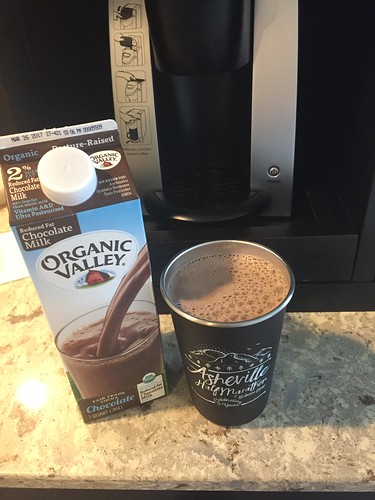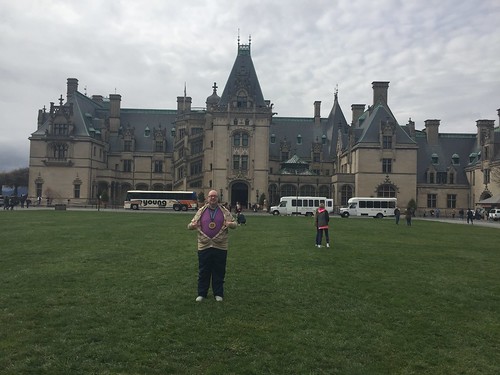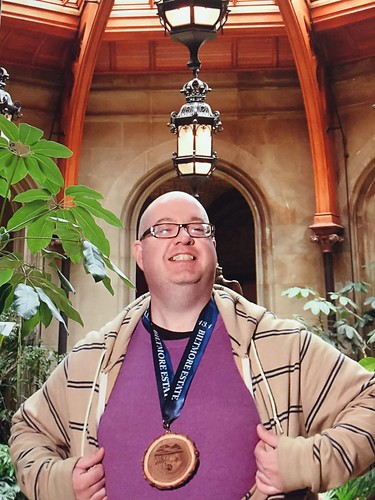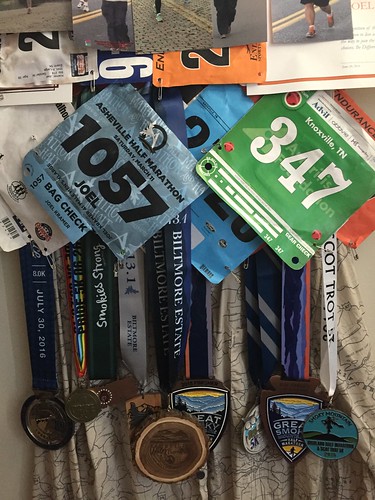I've finished four books since
the last time I reported back on my reading, and they were kind of a mixed bag as far as themes went and as far as my feelings about them went.
13) In Josh Lanyon's
Murder in Pastel, Kyle Bari is a writer, living in the house his father, a famous painter, vanished from ten years ago. Cosmo didn't vanish alone, though, but instead disappeared along with his masterpiece, the "Virgin in Pastel". Kyle's quiet existence is interrupted when his father's former protégé, and Kyle's former crush, Adam returns to the house next door for the summer, with his attractive, somewhat bitchy boyfriend Brett in tow.
Brett's depiction is my first problem with this book, as he is described on the back cover and on the Amazon review as "beautiful but poisonous", but nothing in the book ever makes him seem that terrible. He's kind of bitchy, and he flirts with and sleeps with any male in the vicinity, but most of the problems the group of friends in the book have are already there before Brett gets there, and I feel like the reader is told to hate him way more often than we're given actual reasons to.
In a somewhat rapid turn of events, the "Virgin in Pastel" is discovered hidden in an old dresser, Brett is suddenly murdered, and Kyle's exploration of the events of his father's disappearance and Brett's odd connection to it may mean that Kyle's next.
This book was pretty short, and in the end I still didn't understand if I was supposed to hate Brett or feel bad for him or what, but at least I felt something about him. Kyle and Adam were kind of blandly there, and once Brett was dead the book became a slog.
14) Thomas Olde Heuvelt's
Hex was so disturbing that I had trouble falling to sleep the night I finished it. Somewhere during the year I saw it on a "interesting books you should read" list and stuck it on my wish list, and I'm glad I did, because it was a good read. Disturbing as hell, but good.
Black Spring is a tiny town of 3,000 or so people in the Hudson Valley. It's also home to the three hundred year old Black Rock Witch, who walks among the townspeople with her eyes and mouth sewn shut, popping up on street corners, in the grocery store, and in their living rooms at will to stand and somehow stare, even though her eyes are closed. The town lives under her curse, unable to leave Black Spring for more than a few days at a time without being compelled to suicide, and HEX, the town's secret police, does its best to keep her actual existence hidden from the outside world, because the last time people came to study her, people died, and no one knows what will happen on the terrible day when her eyes and mouth are finally opened.
HEX controls the phones, the internet, the postal system, and watches the town and the witch on a network of surveillance cameras, blocking her from the view of outsiders and keeping people from blocking her path as she walks the streets of Black Spring. This is the way the town has survived for 300 years, but now something is wrong. Some of the teenagers want to reveal the truth of the Black Rock Witch to the world, but the only way they can do that is with evidence, and the only way to get evidence is by breaking town law and interfering with the witch.
Framed by one family's attempt to live a normal life in an abnormal situation, this book starts out lighthearted, and then just gets worse. And worse. And worse. By the time I got to the end I was terrified of and for the characters, but it was a hell of a good read.
15) After that book, I needed something to clear my head, and I ended up reading
MGM: Hollywood's Greatest Backlot, a historical exploration of the former backlots at MGM Studios in Culver City. Once the largest studio backlots in the country, and possibly the world, they are now almost completely gone, covered by housing developments and stores. Before they came down, though, these backlots were home to countless movies and television shows, and the authors painstakingly map out the various locations, sets, and films, bringing the former studio back to life.
Now that I'm watching
Feud, I feel like this kind of knowledge can only help.
16) Everyone kept saying I should try a book by Liane Moriarty, and
The Husband's Secret seemed interesting, so I gave it a try, and it was pretty good.
Cecilia Fitzpatrick has a perfect suburban life, but Tess, who just found out that her husband has fallen in love with her cousin, does not. Neither does Rachel, who has never really recovered from the death of her teenaged daughter many years ago and whose son is moving her grandson to New York. None of these women interact much, as they seem to have little in common, but that all changes the day that Cecilia finds a letter addressed to her in a box of old papers. The letter is from her husband, and is to be opened in the event of his death. The problem is that Cecilia's husband is still alive, and the letter holds a terrible secret that will ripple out through the lives of Cecilia, Tess, Rachel, and everyone around them.
Moriarty does a good job of building the characters' lives and twining them together before the letter is ever opened, and once the secret is out the tension builds continuously until the final chapters. While I didn't like the epilogue, which neatly tied up every single character's stories (even the dead ones), overall this was a good, engaging read.
